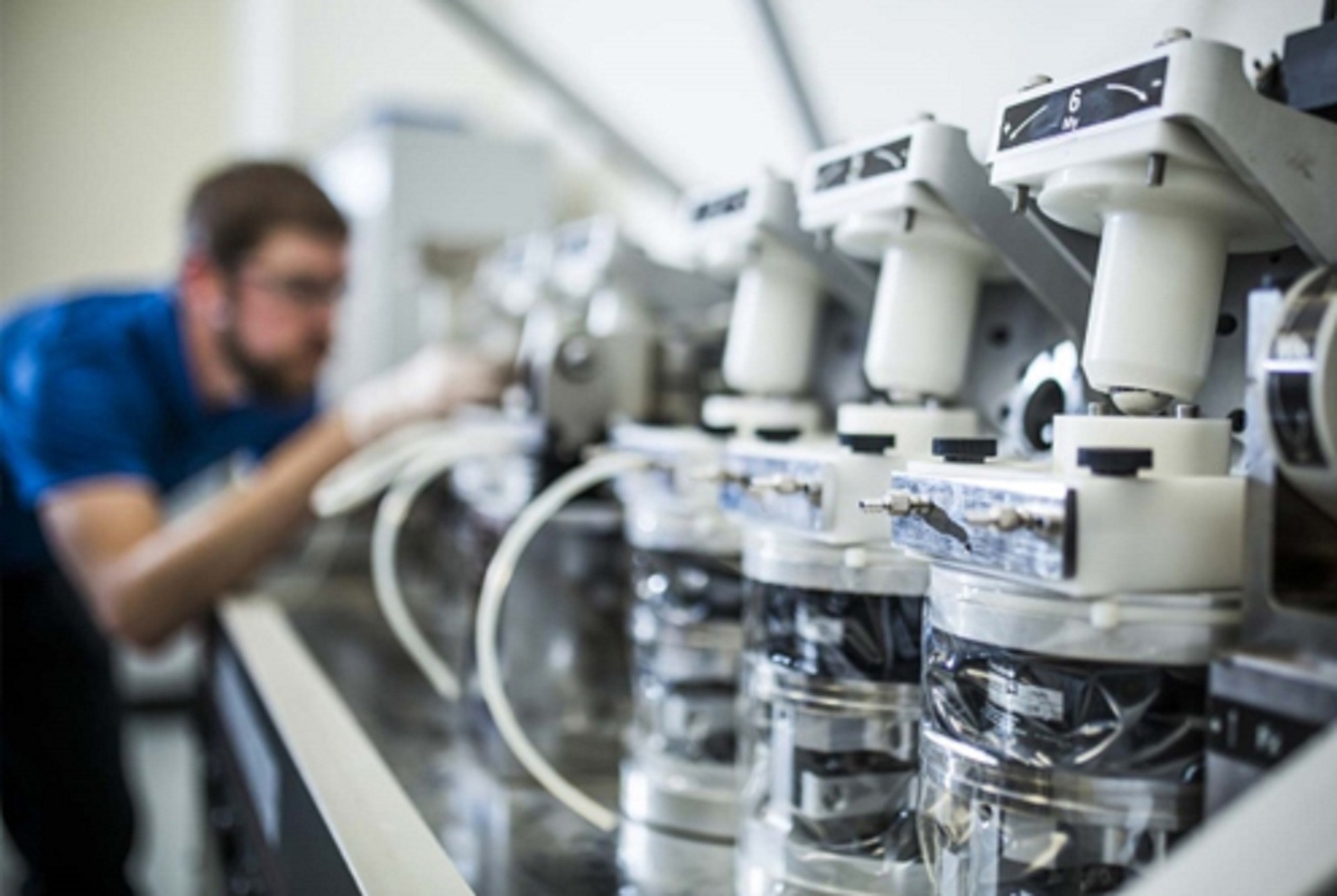
A Comprehensive Guide to Medical Surgical Supplies: Ensuring Quality Care
Introduction
The world of healthcare is built upon the foundation of providing the best possible care to patients. At the heart of this mission lies the proper utilization of medical-surgical supplies. From the smallest adhesive bandage to the most intricate surgical instrument, these supplies are the unsung heroes that empower healthcare professionals to deliver quality care.
In this comprehensive guide, we will delve into the significance of medical surgical supplies, explore their diverse types, and emphasize the critical role they play in ensuring patient well-being. Moreover, we will discuss the key considerations that must be taken into account to guarantee the highest standards of quality and safety.
The Significance of Medical Surgical Supplies
In the intricate web of healthcare, medical-surgical supplies emerge as the linchpin that connects medical expertise with patient recovery. They serve as the tools that translate medical knowledge into action, facilitating diagnosis, treatment, and recovery processes.
These supplies are not mere commodities; they embody the commitment of healthcare professionals to deliver the best care possible. From swabs used in routine check-ups to advanced surgical instruments employed in life-saving procedures, the value of medical surgical supplies cannot be overstated.
Types of Medical Surgical Supplies
-
Personal Protective Equipment (PPE): The recent global health crisis has highlighted the paramount importance of PPE. Gloves, masks, gowns, and face shields shield healthcare providers from infectious agents, safeguarding their well-being and that of their patients.
-
Wound Care Supplies: Wounds are an inevitable part of medical care. Wound care supplies such as dressings, sutures, and staples are crucial for effective wound management. These supplies aid in wound healing, prevent infections, and minimize scarring.
-
Surgical Instruments: Surgical procedures demand unparalleled precision. Scalpels, forceps, retractors, and clamps are among the myriad surgical instruments that enable surgeons to perform intricate procedures with finesse and accuracy.
-
Diagnostic Tools: Accurate diagnosis is the cornerstone of effective treatment. Stethoscopes, thermometers, blood pressure monitors, and sophisticated diagnostic imaging tools are essential for unraveling medical mysteries and formulating treatment plans.
-
Infection Control Supplies: In healthcare facilities, infection control is of paramount importance. Supplies like disinfectants, sanitizers, and sterile drapes create a sterile environment that mitigates the risk of infections spreading.
-
Anesthesia Supplies: Patient comfort and safety are paramount during surgical procedures. Anesthesia supplies, including masks, syringes, and medications, ensure that patients undergo procedures without pain or discomfort.
Shop a wide selection of premium medical surgical supplies, designed to meet the rigorous demands of modern healthcare. From instruments to disposables, find everything you need for successful procedures. Enhance patient care with our trusted supplies today.
Ensuring Quality and Safety
While medical surgical supplies are indispensable, their effectiveness hinges on the stringent measures taken to ensure their quality and safety. Here are key considerations that healthcare facilities and providers must adhere to:
-
Regulatory Standards: Regulatory bodies such as the FDA set stringent standards for medical supplies. Compliance with these standards ensures that supplies are safe, effective, and suitable for their intended purpose.
-
Supplier Reputation: Choosing suppliers with impeccable reputations is imperative. Reputable suppliers adhere to quality standards and provide authentic, reliable supplies, thereby minimizing the risk of substandard or counterfeit products.
-
Sterilization and Packaging: Many medical supplies require sterilization to eliminate microorganisms. Ensuring that supplies are properly sterilized and maintaining their packaging integrity is essential to prevent contamination.
-
Expiration Dates: Vigilance regarding expiration dates is crucial. Expired supplies, including medications and sterile solutions, can be ineffective or even harmful, potentially compromising patient safety.
-
Storage Conditions: Proper storage conditions preserve the integrity of medical supplies. Adhering to recommended storage guidelines, particularly for temperature-sensitive items, safeguards their efficacy.
Conclusion
Medical surgical supplies stand as the unsung heroes of the healthcare realm, bridging the gap between medical knowledge and patient care. From the most basic first aid supplies to complex surgical instruments, these supplies empower healthcare professionals to provide effective, safe, and compassionate care.
By understanding their significance, exploring their diverse types, and upholding rigorous quality assurance practices, healthcare facilities and providers can ensure that patient well-being remains the top priority. In a world where patient outcomes are the ultimate measure of success, medical-surgical supplies pave the way for healthier tomorrows.


